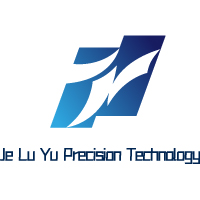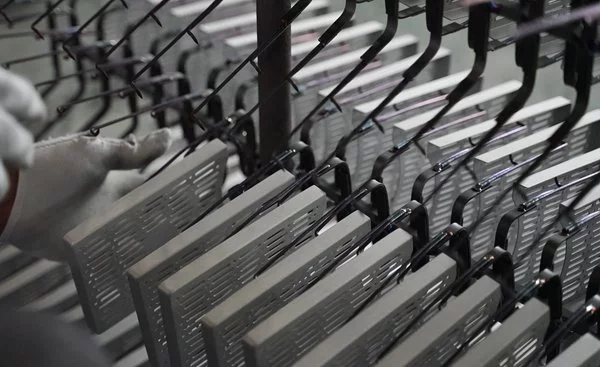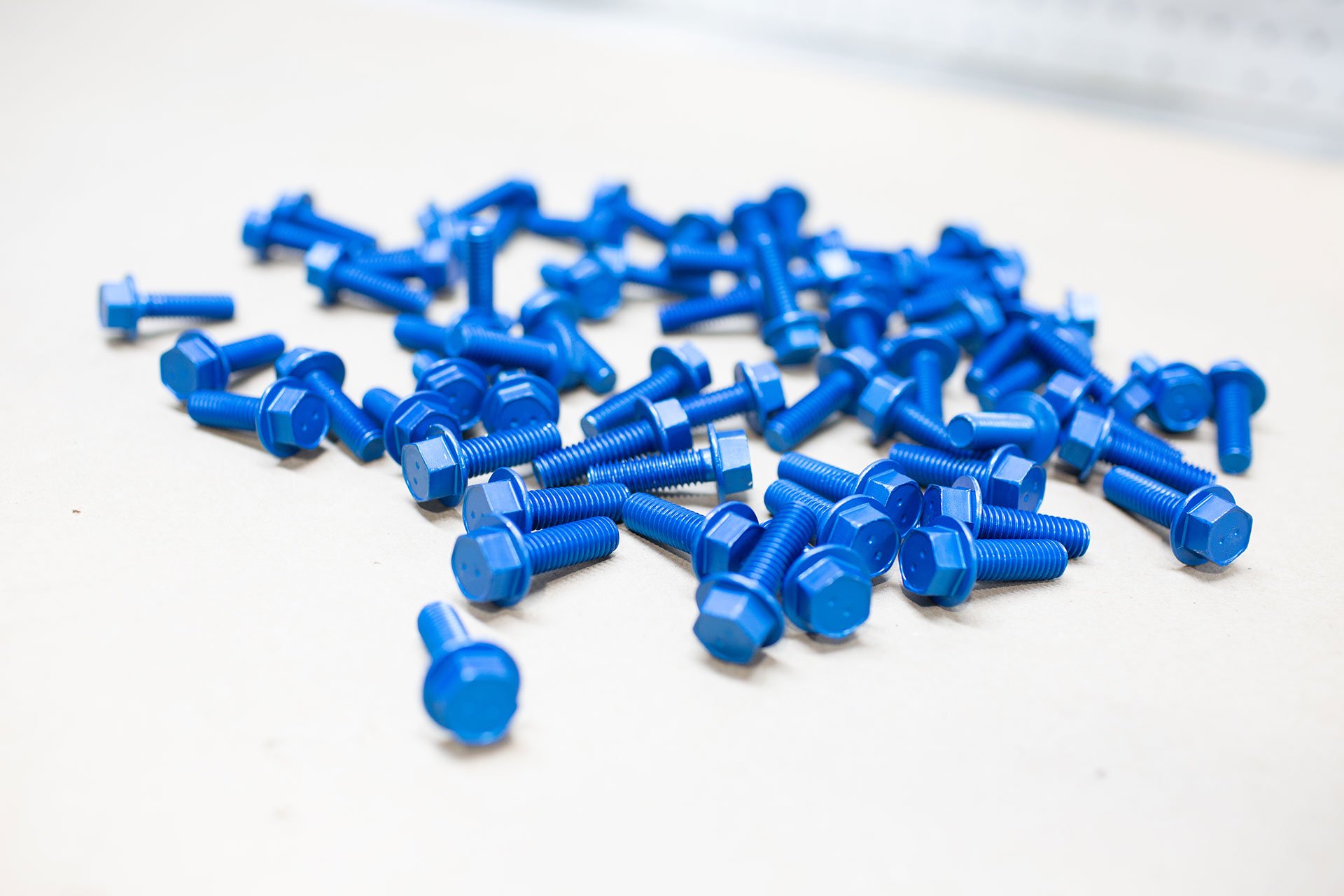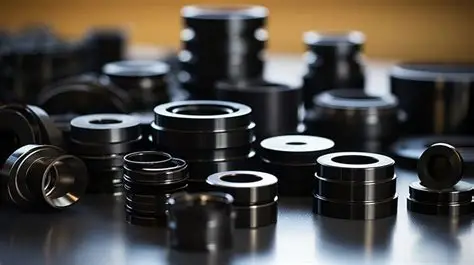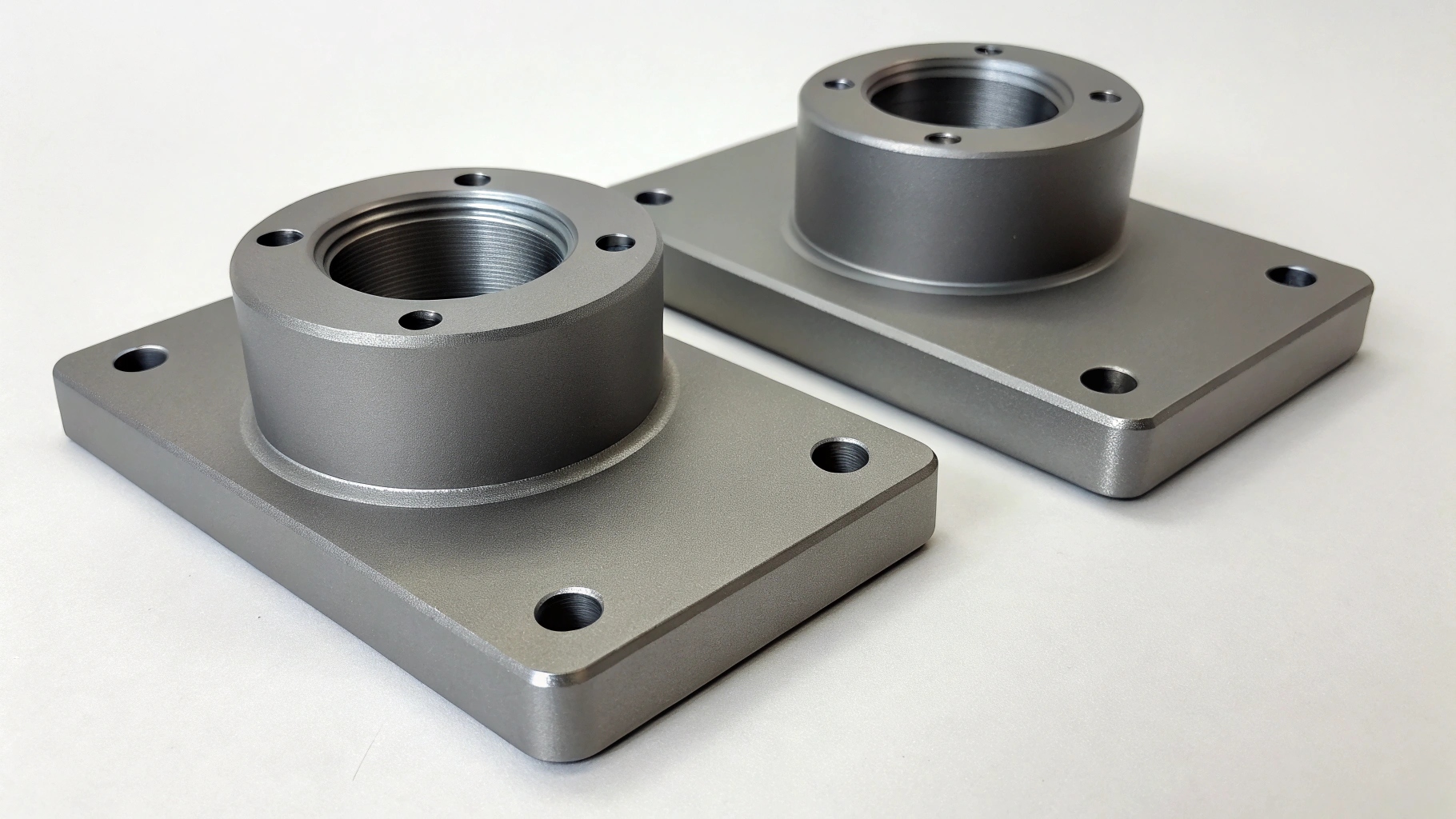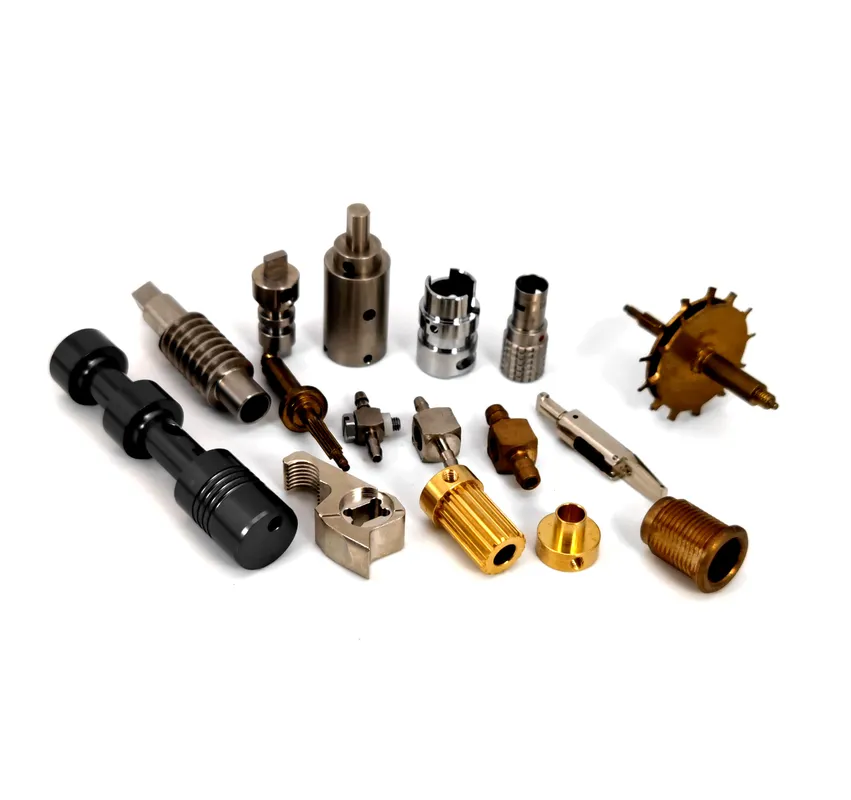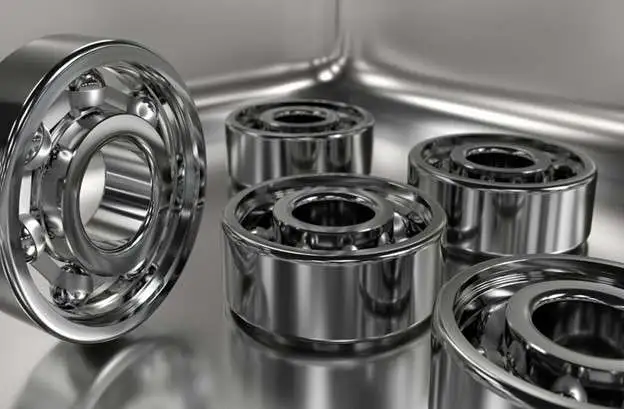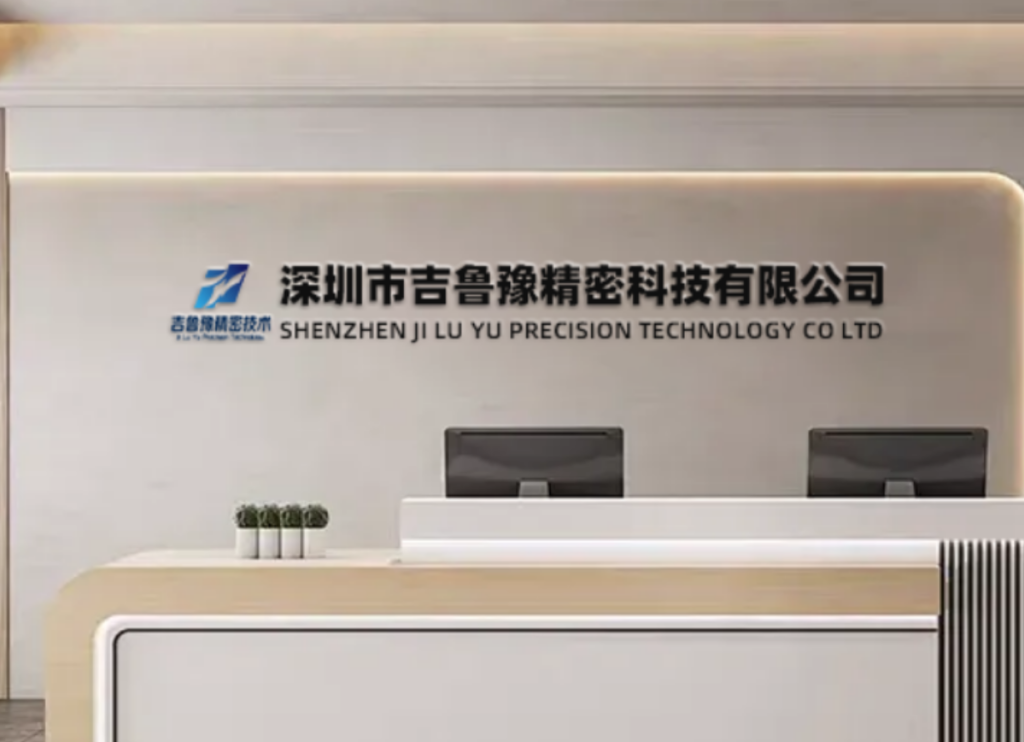Strategic Contract Manufacturing for Tech Companies: A CNC Machining Perspective
In the rapidly evolving technology sector, contract manufacturing has emerged as a strategic imperative rather than simply a production alternative. For tech companies seeking competitive advantage, the right manufacturing partnership can accelerate innovation while ensuring precision, quality, and cost-efficiency.
Contract manufacturing for tech companies represents a fundamental strategic approach where specialized manufacturing partners handle production while technology firms focus on their core competencies: research, development, and market expansion. As experienced providers of CNC machining services, we understand the critical importance of precision, scalability, and technical expertise in producing components for the technology sector. This comprehensive guide examines how CNC machining partnerships can deliver substantial competitive advantages to tech companies across various industries, from consumer electronics to aerospace technology.
The global contract manufacturing market continues to demonstrate significant growth, driven by tech companies’ need to reduce costs, accelerate time-to-market, and access specialized manufacturing expertise without major capital investments. This strategic approach allows technology firms to transform fixed production costs into variable expenses while leveraging their manufacturing partners’ specialized capabilities and equipment.
The Strategic Value of Contract Manufacturing in the Technology Sector
Technology companies face unique manufacturing challenges that make contract manufacturing an increasingly attractive option:
-
Rapid Technological Obsolescence: Short product lifecycles demand manufacturing flexibility and rapid scaling capabilities
-
Complex Supply Chains: Global operations require partners with robust supply chain management expertise
-
Precision Requirements: Advanced products demand exceptionally tight tolerances and sophisticated manufacturing processes
-
Capital Conservation: Avoiding significant investments in production facilities preserves capital for core R&D activities
According to industry analysis, contract manufacturing enables companies to transfer production work and responsibility to specialized partners, allowing them to focus energy on marketing and innovation. This focused approach delivers measurable business benefits across key performance metrics.
Economic Advantages of CNC Manufacturing Partnerships
Implementing a contract manufacturing strategy delivers significant financial benefits:
-
Reduced Capital Expenditure: Elimination of major investments in CNC equipment, facility expansion, and manufacturing infrastructure
-
Economies of Scale: Access to specialized equipment and bulk purchasing power without corresponding capital outlay
-
Variable Cost Structure: Conversion of fixed manufacturing costs to variable expenses that align with production volumes
-
Enhanced Cash Flow: Reduced working capital requirements through optimized inventory management and payment terms
Beyond these direct financial benefits, contract manufacturing enables tech companies to avoid the significant operational overhead associated with maintaining manufacturing expertise, managing production staff, and ensuring regulatory compliance across global markets.
CNC Machining Capabilities for Technology Applications
Modern contract manufacturers offering CNC machining services provide extensive capabilities specifically suited to the exacting requirements of technology components.
Advanced Multi-Axis Machining
Sophisticated CNC technologies enable the production of complex geometries with exceptional precision:
Table 1: CNC Machining Capabilities for Technology Components
| Machining Technology | Technical Applications | Tolerance Capabilities | Surface Finish (Ra) | Suitable Materials |
|---|---|---|---|---|
| 5-Axis Simultaneous Milling | Aerospace components, complex enclosures, optical mounts | ±0.01mm to ±0.05mm | 0.4-1.6 μm | Aluminum, titanium, engineering plastics |
| High-Speed Machining | Thin-walled structures, fine details, cosmetic surfaces | ±0.005mm to ±0.025mm | 0.2-0.8 μm | Aluminum, brass, plastics |
| Mill-Turn Centers | Rotational components with off-axis features, complex actuators | ±0.005mm to ±0.02mm | 0.4-1.6 μm | Steel, stainless steel, aluminum |
| Micro-Machining | Connector components, medical device parts, micro-optics | ±0.002mm to ±0.01mm | 0.1-0.4 μm | Stainless steel, titanium, specialty alloys |
5-axis simultaneous machining has proven particularly valuable for complex technology components, enabling complete machining of intricate geometries in single setups. This capability minimizes cumulative error, reduces handling requirements, and ensures perfect alignment between critical features.
Material Expertise for Technology Applications
CNC manufacturing partners offer extensive experience with materials critical to technology applications:
-
Aluminum Alloys: 6061-T6 and 7075-T6 for optimal strength-to-weight ratios in enclosures and structural components
-
Stainless Steels: 304 and 316 for corrosion resistance in medical, marine, and industrial applications
-
Titanium Alloys: Grade 5 (6Al-4V) for exceptional strength and biocompatibility in aerospace and medical implants
-
Engineering Plastics: PEEK, Ultem, and Delrin for electrical insulation, chemical resistance, and weight reduction
-
Specialty Alloys: Inconel, Kovar, and other specialized materials for extreme environments and specific thermal properties
This material expertise enables manufacturing partners to provide valuable design for manufacturability (DFM) feedback, suggesting material alternatives that optimize performance, manufacturability, and cost-effectiveness.
Quality Assurance in Tech Component Manufacturing
The mission-critical nature of many technology components demands rigorous quality management systems throughout the manufacturing process.
Comprehensive Inspection Methodologies
Leading contract manufacturers implement multi-stage inspection protocols:
-
First Article Inspection: Comprehensive measurement of initial components using CMM and advanced metrology equipment
-
In-Process Verification: On-machine probing and intermediate checks during machining operations
-
Statistical Process Control: Monitoring of critical processes to identify trends and prevent deviations
-
Final Inspection: Complete verification of all dimensional requirements and functional characteristics
These inspection methodologies ensure consistent compliance with the tight tolerances required in technology applications, typically ranging from ±0.025mm for standard features to ±0.005mm for critical interfaces.
Certification and Standards Compliance
Reputable manufacturing partners maintain certifications that demonstrate their commitment to quality:
-
ISO 9001: Quality management systems
-
AS9100: Aerospace quality standards
-
ISO 13485: Medical device manufacturing standards
-
ITAR Compliance: International Traffic in Arms Regulations for defense components
-
Nadcap Accreditation: Special process certification for aerospace and defense applications
These certifications provide assurance that manufacturing processes meet industry-specific requirements and regulatory standards, particularly important for tech companies serving regulated markets like medical devices, aerospace, and defense.
Real-World Case Studies: Contract Manufacturing Success Stories
Case Study 1: Aerospace Avionics Enclosure Development
A developer of advanced avionics systems needed complex enclosure components for next-generation flight control systems with accelerated timeline requirements.
Challenge: Produce five prototype enclosures with integrated thermal management features from 6061 aluminum with ±0.05mm positional tolerances on mounting interfaces within a 15-day timeframe to support critical flight testing.
Technical Solution: The manufacturing partner implemented a comprehensive approach:
-
5-Axis Machining: Complex geometry production in single setups to minimize cumulative error
-
Thermal Analysis: Computational fluid dynamics to optimize cooling channel placement and performance
-
In-Process Verification: On-machine probing to verify critical features without separate inspection
-
Material Certification: Certified 6061-T6 aluminum with full traceability documentation
Results: The enclosures were delivered within 12 days, enabling the avionics company to proceed with flight testing three days ahead of schedule. The components achieved all thermal performance and dimensional requirements, validating the design before production scaling.
Case Study 2: Medical Device Imaging Component Production
A surgical imaging company required precision components for a new portable imaging system with stringent accuracy and biological compliance requirements.
Challenge: Machine 25 sets of intricate stainless steel mechanism components with specific surface finish requirements and full traceability for FDA submission.
Technical Solution: The manufacturing partner employed specialized approaches:
-
Multi-Axis Machining: Complex mechanism features produced in minimal setups to maintain accuracy
-
Surface Enhancement: Medical-grade surface finishes meeting cleanliness and durability requirements
-
Lot Control: Complete material traceability from raw material to finished component
-
Documentation: Comprehensive inspection records supporting regulatory submission
Results: The imaging components enabled the medical device company to maintain its FDA submission schedule while implementing design improvements. The on-time delivery and comprehensive documentation facilitated rapid regulatory approval and accelerated market entry.
Case Study 3: Robotics Component Manufacturing
An industrial robotics developer needed precision actuator components for a new collaborative robot system with demanding performance and timeline requirements.
Challenge: Produce functional prototypes of complex gearbox housings from cast aluminum with precise bearing fits and sealing surfaces within 20 days for system-level testing.
Technical Solution: The implementation combined multiple advanced processes:
-
Multi-Pallet Machining: Continuous operation with parallel loading and machining cycles
-
Boring Operations: Precision bearing fits with ±0.01mm diameter tolerance
-
Sealing Surface Finishing: Specific surface texture requirements for static and dynamic seals
-
Performance Testing: Functional verification under simulated operating conditions
Results: The prototypes successfully completed system-level testing, providing validation data that confirmed the design before production tooling. The accelerated timeline enabled the robotics company to compress its development cycle by five weeks, delivering a competitive advantage in the market.
Implementing Successful Contract Manufacturing Partnerships
Establishing effective collaborations with CNC manufacturing partners requires strategic approaches to vendor selection, communication, and quality management.
Partnership Selection Criteria
When evaluating potential manufacturing partners, tech companies should consider these essential capabilities:
-
Technical Equipment Portfolio: Modern CNC machinery with multi-axis capabilities and appropriate sizing
-
Material Expertise: Experience with relevant materials and applications
-
Quality Systems: Documented quality management with efficient inspection methodologies
-
Communication Practices: Responsive communication with regular progress updates
-
Project Management: Formal tracking systems with clear milestone definitions
-
Supply Chain Management: Robust material sourcing and inventory management capabilities
As highlighted in industry analysis, comprehensive evaluation beyond technical capabilities alone is essential, including understanding financial implications of outsourcing decisions.
Design for Manufacturing Optimization
Preparing designs for successful outcomes with manufacturing partners:
-
Design for Machinability: Incorporating appropriate draft angles, corner radii, and feature accessibility
-
Tolerance Rationalization: Applying tight tolerances only where functionally necessary
-
Material Selection: Choosing materials with favorable machining characteristics and availability
-
Design Documentation: Providing comprehensive specifications to prevent misinterpretation
Early manufacturing involvement in the design process typically identifies opportunities to reduce component cost by 15-25% while improving manufacturability and maintaining performance requirements.
The Future of Contract Manufacturing in the Technology Sector
Emerging trends continue to shape the evolution of contract manufacturing services for technology applications.
Advanced Manufacturing Technologies
The future of contract manufacturing involves increased implementation of sophisticated technologies:
-
Hybrid Manufacturing: Combining additive and subtractive processes for optimal results
-
Digital Twin Implementation: Virtual manufacturing systems that mirror physical processes
-
AI-Driven Optimization: Automated parameter selection and adaptive control systems
-
Advanced Materials: Development and implementation of proprietary material formulations
Sustainability Initiatives
Technology companies are increasingly focused on environmental responsibility throughout their supply chains:
-
Energy Efficiency: Implementation of energy monitoring and reduction systems
-
Waste Management: Comprehensive recycling of metals, coolants, and packaging materials
-
Green Manufacturing: Processes designed to minimize environmental impact
-
Compliance: Adherence to international environmental standards and regulations
As demonstrated by forward-thinking manufacturers, the implementation of robotic automation and lights-out manufacturing can dramatically improve sustainability through optimized energy consumption and material utilization.
Conclusion
Contract manufacturing for tech companies has evolved into a sophisticated strategic capability that delivers world-class precision components while enabling technology firms to focus on their core innovation activities. The combination of advanced CNC machining technologies, technical expertise, and systematic quality management provides competitive advantages through accelerated time-to-market, reduced capital requirements, and enhanced manufacturing flexibility.
The most successful manufacturing partnerships leverage specialized expertise while establishing clear communication channels and quality standards. By selecting appropriate partners, optimizing designs for manufacturing, and implementing comprehensive verification processes, tech companies can achieve remarkable results while controlling costs and accelerating innovation cycles.
For technology organizations seeking to maximize their manufacturing strategy, our specialized CNC machining services deliver the precision, expertise, and reliability required for today’s demanding technology components. Contact our engineering team to discuss how our contract manufacturing capabilities can enhance your next technology project.
